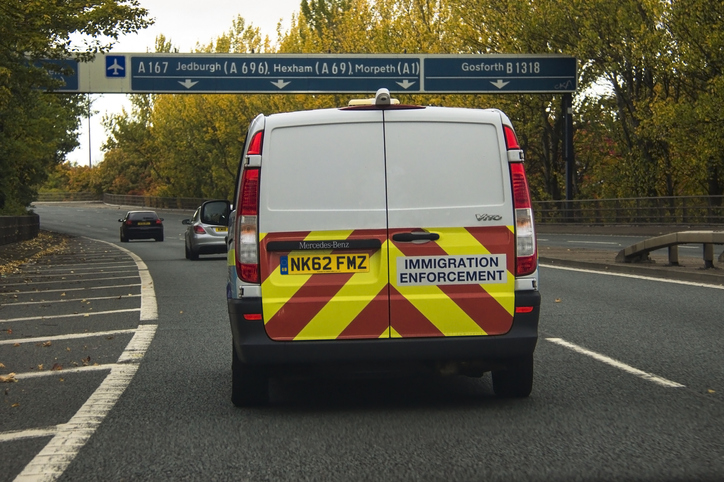Changes in Right to Work checks for EEA nationals starting 1 July 2021!
Until the 30 June 2021 EEA nationals were able to prove their Right to Work in the UK by providing their passport or identity document. From the 1 July onwards the majority of EEA citizens will prove their right to work via the Home Office online Right to Work service.
The Right to Work for those with ‘Settled Status’ or ‘Pre-Settled Status’ can only be proven digitally using the Home Office online Right to Work service. To use the service potential employees, have to provide a share code and their date of birth to the employer.
‘Settled Status’ grants a continuous Right to Work, whereas ‘Pre-Settled Status’ provides a time-limited Right to Work and a follow-up check by the employer will be necessary. The Home Office still has to release guidance on how the employer can determine which status the potential employee has.
There are some exceptions that are not able to use the online service:
- Frontier Worker Permits
- Service Provider of Switzerland visas
- Outstanding applications to UK EUSS
- Outstanding applications to Crown Dependency EUSS
- EEA citizen with Indefinite Leave to Enter/Remain
- Points-Based System visas
Retrospective checks:
If EEA nationals do not have either status after the 30 June employer will have a statutory excuse if they have carried out the initial work check as set out in the legislation and guidance at the time of the check. However, employer can choose to carry out retrospective checks. Some EEA nationals may have missed the deadline but have reasonable grounds for doing so and it may be disproportionate to immediately cease their employment.
Where you do identify an employee, who is also an EEA national and has not applied to the EUSS by the 30 June 2021, you should:
- advise that they must make an application to the EUSS within 28 days and provide you with a Certificate of Application (CoA).
- If they do not make an application within 28 days, you must take steps to cease their employment.
- One you have received the CoA you must then contact the Home Office Employer Checking Service (ECS) to confirm the individual has applied
- Where an application has been made you will receive a PVN. This, together with the CoA will prove a statutory excuse for 6 months, allowing time for the application to be processed.
- Before the PVN expires a follow-up check with the ECS is necessary to have the statutory excuse
- If the follow-up confirms a pending application, a further PVN will be issued for another six months (this can be done up to four times)
- Where the application has been refused, no PVN will be issued and you must take steps to cease the employment.
Make sure to maintain a record of all checks and actions.
Some individuals may struggle to show evidence of their right to work in the UK because of the impact of COVID-19. Consequently, you will have to take extra care to ensure no-one is discriminated against as a job applicant or employee because they are unable to show their documents. The code of practice for employers provides more information on this.
Employers who hire skilled migrants from January 2021 including Europe, will require a Sponsor Licence.
If you have any questions about the contents of this article or if you need any assistance, please contact [email protected] in the Immigration team at FSP.

